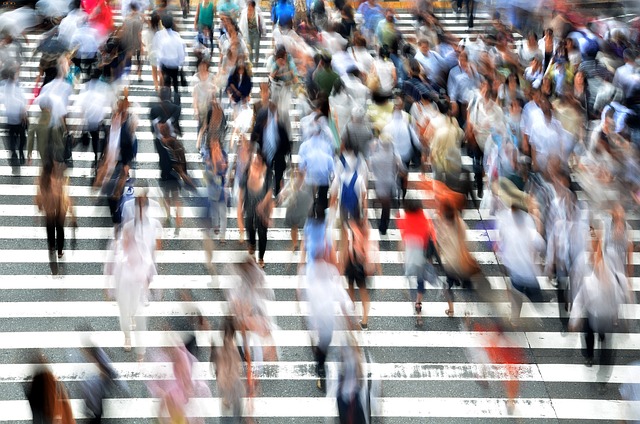The human population on planet earth is a whopping 8 billion according to the statistics from the IDB. India has overtaken China as the world’s most populous country. The bi-annual projections made by the UN states that at this rate of growth, we will have a population of 9.7 billion by 2050 and 10.4 billion by 2100.
Alas! It is not an achievement we can celebrate with, “more the merrier”, as more mouths to feed will only consume more resources, stretching beyond the earth’s sustainable regeneration.
Let us elaborate on the above; comparing the dynamic of species over the last 10,000 years which was a ratio of 99% wild vertebrates to 1% humans. Presently, we have tipped the balance so irresponsibly, that we have 32% humans, 67% livestock and 1% wild vertebrates!
Ideally, habitable land is to be shared between the wilderness, agriculture and built infrastructure, but as the population grows, we humans are already using the earth’s natural resources, including land and water 1.7 times faster than the earth can renew them, leading to destruction of the natural planet.
As the population grows, they’ll need wider crop lands, larger cities, more oils and minerals, and in the process, they emit unacceptable amounts of carbon dioxide leading to habitat destruction, global warming and species extinction. Wise men would say we are headed head-on towards the 6th mass extinction if the earth fails to cope up with our rising demand.
How did we get here though? Just over the last 50 years, humans have repopulated the earth so much more aggressively than the preceding million but our current fertility rates are statistically lower than it has ever been. Birth rates are declining, the average size of a family is shrinking! Unfortunately, we are already in hot water as the fertility rates of the previous generations have already created the future parent cohorts for us. So, the hope that the population would stop growing in the near future as we are having smaller families is a delusion.
What, as the earth’s most predominant species, have we done to prevent the extinction of our own species?
Redistribution of resources so everyone has their fair share sounds like a plausible idea, but that wouldn’t be sustainable as the earth cannot reproduce indefinitely with depletion of “raw material” which, we scientifically know were by products of 1000s of years of chemical reactions.
Also, climate change, population and environmental pollution are all issues to be dealt with parallel to each other as they are interconnected and codependent. In the past, world leaders have not exactly set an example from measures they’ve taken radically for population control by imposing laws like China’s one child law.
Well, easier said than done, but we at Flash Health believe that it is the mindful choice of 8 billion people that is eventually going to give us a long-term solution. As Healthcare providers, our vision is health education and environmental-friendly and uncomplicated access to healthcare, from anywhere in the world.
Quality education for the girl child will teach her effective methods of contraception and resolve the lack of knowledge busting ethnic myths related to contraception.
Also, knowledge on how to access Contraceptive methods and Sexual and Reproductive health services, gives her career aspirations and financial independence, and would prevent child marriages, unwanted pregnancies. and large families, dropping the birth rates.
Arguably, drop of birth rates leads to a higher proportion of the aging population. How we should be tackling that, would be to empower the older generations to stay “fit” by promoting preventive medicine for non-communicable diseases, improving the access for quality healthcare and enabling their uninterrupted contribution towards the taskforce.
The earth, our home, is under immense pressure of self-recovery, and helping it feels like a herculean task. But little goes a long way reducing the collective environmental impact, as an individual. We see digitalizing health care reduces “travel” to obtain healthcare, contributing at least minutely towards reducing carbon emission.
Let’s rectify the carbon footprint our species created, one wise decision at a time, because after all, the homo sapien is a “wise man”.





